Interview
Fattal Group: A Legacy of Resilience and Partnerships
Since its inception in 1897, the Fattal Group has consistently transformed obstacles into opportunities, allowing it to thrive in a region marked by uncertainty. In order to delve into the rich history of the Fattal Group, we had the privilege of speaking with Marie-Noëlle Fattal, a key figure closely connected to both the company’s past and present.
Interview with Marie-Noëlle Fattal
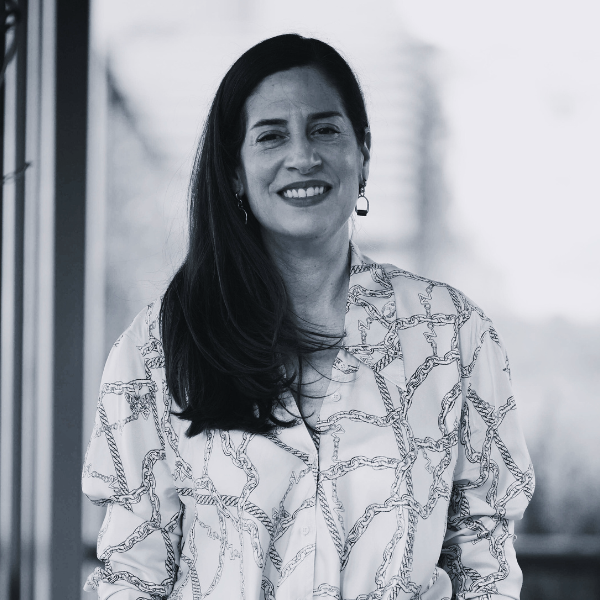
Since its inception in 1897, the Fattal Group has consistently transformed obstacles into opportunities, allowing it to thrive in a region marked by volatility, uncertainty, and war. Guided by four generations of the Fattal family, the Lebanon-based group has upheld the same passion, dedication, and values transmitted by its founders. This approach has been crucial in navigating the company through 120 years of challenges and has enabled it to build one of the leading distributors of premium brands in the Middle East and North Africa.
In order to delve into and understand the rich history of the Fattal Group, as well as its impact on the future of the company, we had the privilege of speaking with Marie-Noëlle Fattal, a key figure closely connected to both the company’s past and present. In addition to her role as Fattal Group’s Corporate Communication and Digital Director, Marie-Noëlle Fattal also acts as the family historian, preserving the firm’s inspiring multigenerational story and sharing it with future generations.
Q: How would you outline the history of your family business, its founding years, and key milestones?
In 1897, our great-grandfather Khalil Farès Fattal created a trade company under the name of Khalil Fattal & Fils in Damascus. In conjunction with his commercial activities, Khalil Fattal acted as a Dragoman (interpreter) with the Austrian consulate. Like his late father who traded pearls, sheets, dates and tobacco between Damascus and Baghdad, Khalil continued the cross-border trade that laid the foundation for the company’s future growth and its long-standing presence in the region.
A pivotal moment for the business came after the First World War in 1918 when Khalil’s sons, Michel and Jean, returned to Damascus after completing their education at the Commercial Academy in Vienna. Leveraging their international experience and following the post-First World War globalisation trend, they started gathering exclusive importation and distribution contracts with European companies through an extensive correspondence with various chambers of commerce. Their actions broadened the trade opportunities beyond Syria and the Middle East, opening doors to markets across Europe.
A second major milestone for the business came in 1926, when Jean established a branch of Khalil Fattal & Fils in Lebanon to expand the family business.
Lebanon played a crucial role in the company’s rapid growth and development as Beirut became an important port and trade center in the 1920’s. Despite facing significant challenges over the decades, including the nationalisation of the company’s branch in Syria in 1965, which forced the company to shut down its operations there and concentrate solely on Lebanon, the business continued to persevere. From 1975 to 1990, the Lebanese Civil War brought further difficulties, testing the company’s resilience.
Yet, after navigating these turbulent times, the family business experienced another significant transition in the 1990s. At the time, multinationals were expanding through the acquisition of smaller companies. Consequently, the portfolio of brands we distributed also grew. For example, our relationship with Dewars eventually led to us distributing Bacardi-Martini products after Bacardi acquired Dewars. Similarly, when Kraft (today Mondelez) acquired Cadbury, we gradually secured the distribution of Kraft products due to our distribution business with Cadbury. Through these and other multinational brands, our company continued to expand.
Another pivotal moment for the business came in 2000 when our CEO Bernard Fattal had the foresight to grow regionally and be recognized as one of the leading distribution company in the Middle East and North Africa. This strategic move led to distribution operations in Iraq, Jordan, the UAE, Egypt, Algeria, Cyprus, as well as in France.
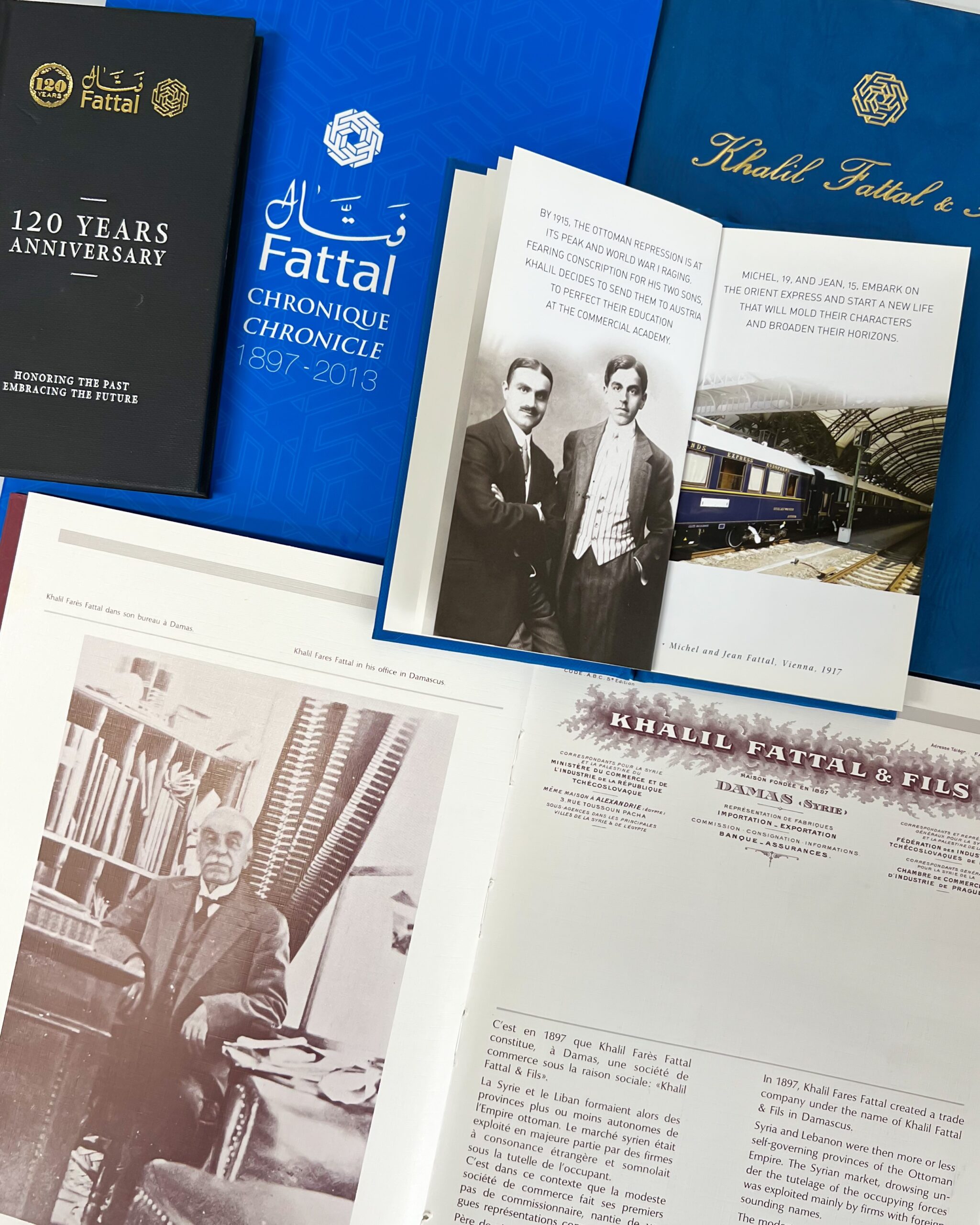
Fattal Group Chronicles over the years.
Source: Fattal Group
Q: What specific opportunities did Michel and Jean try to capitalise on by pursuing European partners?
Michel and Jean explored a wide range of trade opportunities, from food products and appliances to fabrics, medicines, and perfumes. Interestingly, one of their first trade deals was importing tarboosh-style hats from a Czechoslovakian company to distribute across the Middle East. However, their primary goal was to establish strong relationships with well-known European companies. They secured partnerships with major international companies, including Unilever — known as Lever Brothers at the time — laying the foundation for the group’s long-term success.
It took the company almost 40 years before signing its strategic commercial partnerships with well-established western companies. In the case of Unilever, the relationship has continued for nearly 90 years, underscoring the trust, integrity, and shared values that are essential for maintaining long-standing, fruitful trade partnerships. Fattal’s early trade partners include the pharmaceutical company Novartis, beginning in 1935, Dewar’s, Cadbury, and Johnson & Johnson – a partnership that has spanned 75 years. Collaborating with these firms over time helped us secure additional clients, significantly shaping Fattal’s trajectory and propelling its growth. Our partners today include Bayer (88 years), Procter & Gamble (86 years), Mondelez (77 years), Pfizer (76 years), Reckitt Benckiser (63 years), Elizabeth Arden (57 years), Clarins (51 years), FHP Vileda (47 years), and Coty (60 years).
Q: What made you take on the role of family historian?
Preserving the history of our family and its business has always been important to us. My grandfather took great pride when the company reached its 50-year milestone and felt it strongly reflected the level of professionalism and trust Fattal had become known for.
It was the discovery of a book my uncle wrote about the history of the business, called “Chronicles”, that inspired me to continue his work and take on the role of family historian.
Our family business’ deep connection to its history is also evident in the company’s Heritage Room, where we bring clients and visitors to give them a sense of both our beginnings and evolution. We also have newsletters, books, hand-written testimonials, photographic and film archives that document how the company operated through challenging periods and emerged stronger. Tracing the company’s history is genuinely embedded in Fattal’s DNA.
Q: How do Fattal’s previous generations and long-standing partnerships influence its approach with potential prospects today?
Our company’s founders, history, and values are all prominently featured in our corporate presentation, which we share with potential partners and clients. While Fattal’s long history of successful accomplishments makes a compelling commercial case, we also acknowledge the importance of balancing our rich heritage with a fresh, innovative approach to the future.
We continue to benefit from the extraordinary efforts of our previous generations. There are Fattal products that Lebanese consumers remain strongly attached to today thanks to the groundwork laid decades ago. Preserving and building on this commercial heritage is essential. At the core of these achievements is our enduring enthusiasm for our partners’ products – taking ownership and treating them as if they were our own. This connection is so strong that, over the years, family photos have even been found in the archives of our partners, such as Unilever and Cadbury, highlighting the close-knit relationships we have built. The dynamism we have traditionally shown for our partners and their products has played, and always will play, a role in the company’s growth and success. This intertwined history serves as a testament to how family business legacies can become an integral part of other corporations’ histories as well.
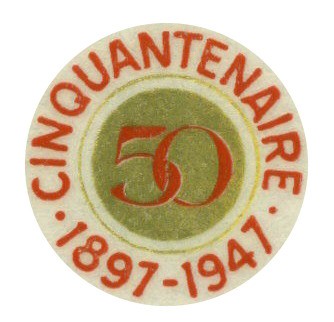
50th Anniversary LOGO
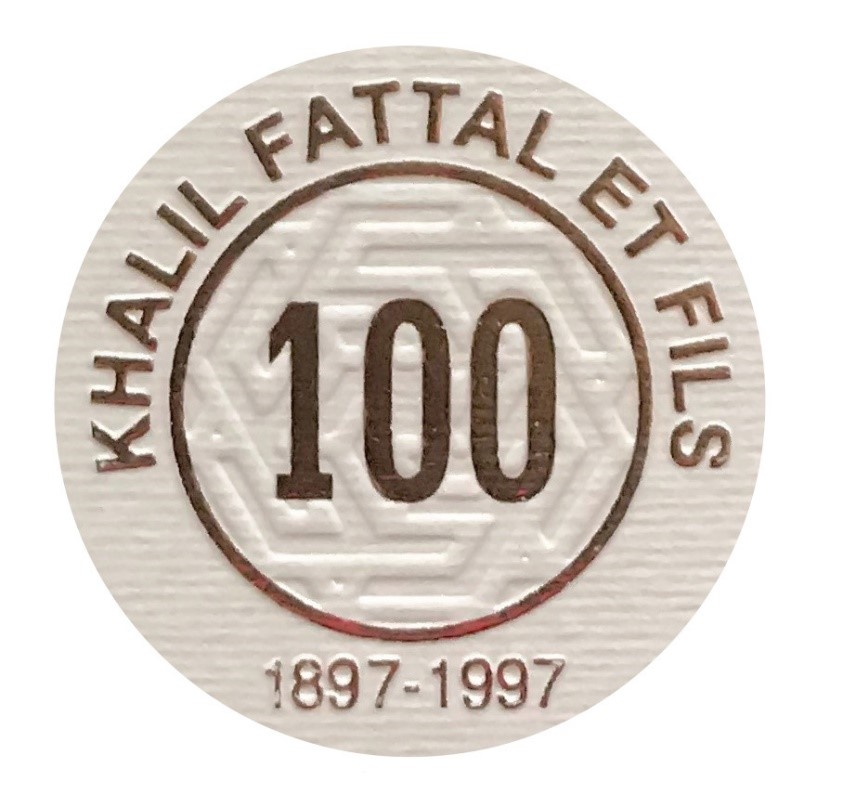
100th Anniversary LOGO
Source: Fattal Group
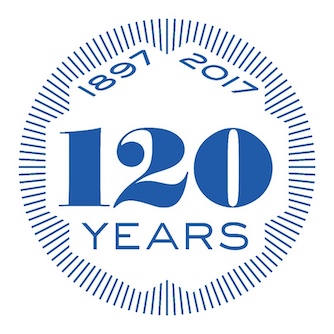
120TH ANNIVERSARY LOGO
Q: How does Fattal communicate its history to future generations?
Until recently, there wasn’t a structured approach to passing down our family business’ history through generations. Today, however, we have established a formal process of introducing the fifth generation to the company’s story. It’s a narrative filled with challenges and victories, and we take as much pride in the difficulties we’ve overcome as a company as we do in our commercial achievements.
When a business has been around as long as ours, the sheer volume of stakeholders can make it difficult to adequately convey what truly defines us as a company. However, we’ve come to recognise that preserving and sharing our history is one of the most powerful ways to communicate Fattal’s drive, values, and passion to everyone involved.
Publication Date: 18-December-2024
The Interviewee
Marie-Noëlle Fattal, Corporate Communication and Digital Director, Fattal Group
Marie-Noëlle Fattal is the Corporate Communication and Digital Director at Fattal Group, where she leads the communications strategy for internal and external stakeholders and supports the company’s strategic goals and CSR engagements. Her interest in history and archives, holding a Master’s in History from Nanterre University in France, naturally brought her to become the ‘historian’ of the company.
